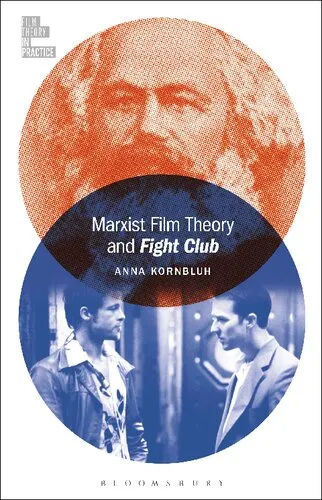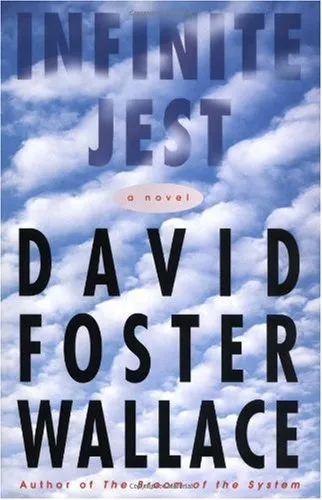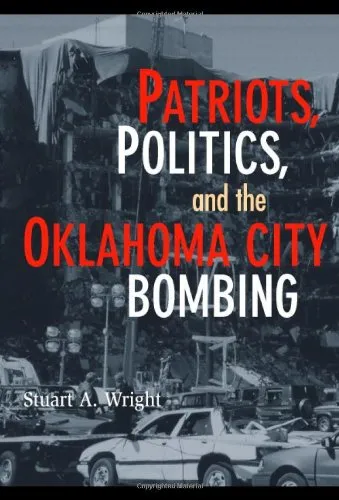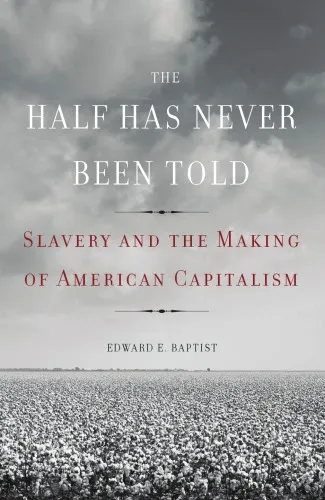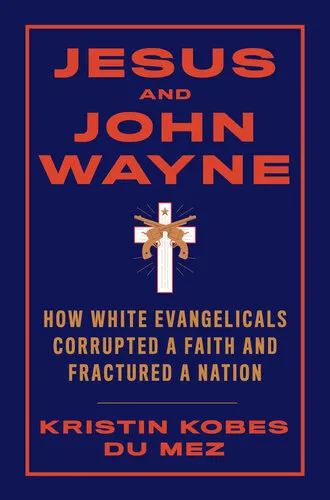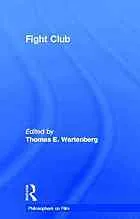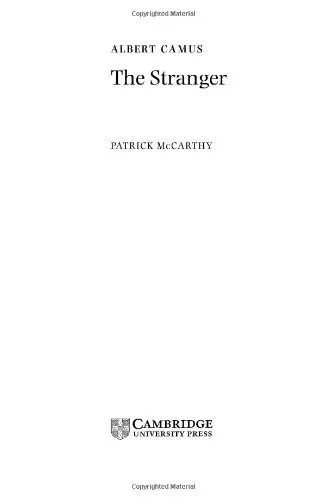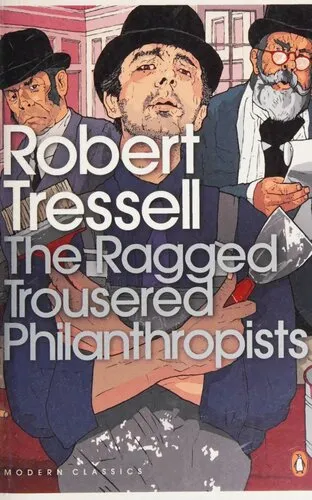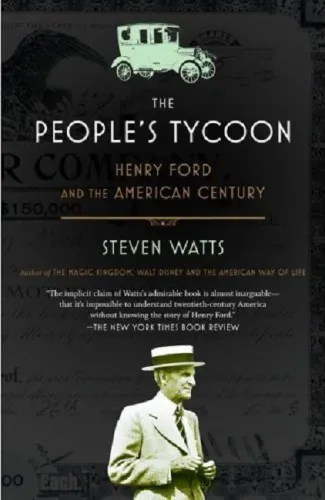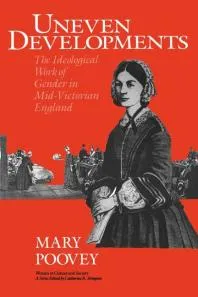Marxist Film Theory and Fight Club
4.0
بر اساس نظر کاربران

شما میتونید سوالاتتون در باره کتاب رو از هوش مصنوعیش بعد از ورود بپرسید
هر دانلود یا پرسش از هوش مصنوعی 2 امتیاز لازم دارد، برای بدست آوردن امتیاز رایگان، به صفحه ی راهنمای امتیازات سر بزنید و یک سری کار ارزشمند انجام بدینکتاب های مرتبط:
خلاصهای مفصل از کتاب
کتاب Marxist Film Theory and Fight Club نوشته Anna Kornbluh به تحلیل عمیق و روشن فیلم Fight Club، با توجه به نظریههای مارکسیستی میپردازد. این اثر به بررسی چگونگی انعکاس ساختارهای سرمایهداری و تیرگی هویتی در متن این فیلم پرداخته و با بهرهگیری از نظریات کارل مارکس، گرامشی و آلتوسر، نقدی موشکافانه بر روی نهادهای اجتماعی و سیاسی مطرح میکند.
این کتاب در هشت فصل متمایز، به تحلیل موضوعاتی نظیر نقد جامعه مصرفی، تحلیل هویت و دیالکتیک فرد و جامعه میپردازد. Kornbluh در این کتاب، با بیانی ادبی و تحلیلهای عمیق، مخاطب را به سفری فکری و چالشی دعوت میکند.
نکات کلیدی
- بحث درباره مفهوم هژمونی و مقاومت در برابر ساختارهای قدرت در متن فیلم.
- نقد فرهنگی و اجتماعی از طریق تحلیل شخصیت تایر داردن و بیانگری او از تودهها.
- بررسی فیلم از دیدگاه فروپاشی خردهبورژوازی و انقباض فرهنگی در زمانه مدرن.
- آشنایی با تئوریهای اقتصادی مرتبط با ساخت فیلم و نقش آنها در پیدایش پیام فیلم.
نقلقولهای معروف از کتاب
"فیلم Fight Club به مثابه انعکاسی از اضطرابهای سرمایهداری و پرسش از ماهیت واقعیت ایستاده است."
"سرمایهداری همواره خود را به عنوان گفتگویی بیپایان از رقابتها و کشمکشها به تصویر کشیده است."
چرا این کتاب اهمیت دارد
کتاب Marxist Film Theory and Fight Club به دلیل تلفیق دقیق و علمی نظریههای مارکسیستی با تحلیل فیلمی محبوب و بحثبرانگیز، اهمیت ویژهای در حوزه مطالعات فرهنگی و فیلمسازی دارد. این کتاب فرصتی را برای بازبینی و ارزیابی انتقادی رفتارها و ساختارهای اجتماعی فراهم میکند، که برای دانشجویان و علاقهمندان به نظریههای اجتماعی و سینما جذاب و آموزنده است.
کورنبلو با بیانی رسا و تحلیلی قوی توانسته است به گونهای پروژهی علمی خود را پیش ببرد که افراد از رشتههای مختلف علمی از آن بهرهمند شوند. کتاب نه تنها به عنوان یک راهنمای فکری برای درک دقیقتر فیلم عمل میکند، بلکه به چالش کشیدن مفاهیم و باورهای مرسوم نیز میپردازد. بنابراین اهمیت این کتاب تنها به بررسی خود اثر سینمایی محدود نشده، بلکه به فهمی گستردهتر از زندگی معاصر پرداخته است.
Introduction to "Marxist Film Theory and Fight Club"
In "Marxist Film Theory and Fight Club," Anna Kornbluh delves into the intricate relationship between Marxist theory and contemporary cinema, with a specific focus on the cult classic film "Fight Club." Through a nuanced analysis that intertwines film critique with Marxist concepts, this book seeks to unpack the socio-economic underpinnings and philosophical discourse embedded within the film.
Detailed Summary of the Book
Anna Kornbluh embarks on an intellectual journey that scrutinizes "Fight Club" through the lens of Marxist film theory. This book bears the ambitious aim of unraveling the economic anxieties and stark critiques of capitalist society portrayed in the film. "Fight Club," with its narrative centered around consumerism, disillusionment, and identity, serves as a fertile ground for Marxist analysis.
This endeavor dissects the film's narrative structure, characters, and overarching themes, spotlighting the clash between capitalist ideologies and the yearning for a more equitable social order. Kornbluh engages with core Marxist themes such as alienation, commodity fetishism, and the spectacle, illuminating how "Fight Club" critiques these elements through its storytelling.
Moreover, Kornbluh highlights the dualistic nature of the film's characters—particularly the unnamed narrator and Tyler Durden—as a representation of internal conflict within a capitalist framework. By examining their interactions and transformations, she reveals the psychological and social turmoil engendered by capitalist ideologies.
Key Takeaways
- The novel concept of seeing "Fight Club" not just as a critique of consumerism, but as a complex commentary on masculine identity in late capitalism.
- Understanding film as a vehicle for Marxist critique can offer insights into broader social and economic structures.
- How the medium of film reflects contemporary societal anxieties and may either challenge or reinforce prevailing ideologies.
- The interplay between personal identity and systemic structures is pivotal in analyzing both "Fight Club" and capitalist societies.
Famous Quotes from the Book
- "The film speaks to an epochal unease, an inexpressible tension simmering beneath the surface of late capitalism."
- "To dissect the capitalist fabric woven throughout 'Fight Club' is to unravel a tapestry of consumerist alienation and masculine identity crisis."
Why This Book Matters
This book is a significant contribution to both film studies and Marxist scholarship. Anna Kornbluh's work stands out by offering more than just a straightforward critique of a popular film—it bridges disciplinary techniques to illuminate how complex ideological phenomena manifest within cinematic narratives. The intricate analysis of "Fight Club" positions the film as a crucial text in discussions of capitalism, identity, and culture.
By contextualizing "Fight Club" within a Marxist framework, Kornbluh invites readers to engage critically with not just this film, but with the entire medium of cinema as a reflective apparatus for societal conditions. The book encourages a profound interrogation of how films can both mirror and challenge the status quo, thereby playing a role in cultural and ideological critique.
The relevance of "Marxist Film Theory and Fight Club" extends beyond academia and into broader cultural discussions, urging everyone—from enthusiasts to scholars—to consider the socioeconomic dimensions that shape media narratives and, in turn, influence public consciousness.
دانلود رایگان مستقیم
شما میتونید سوالاتتون در باره کتاب رو از هوش مصنوعیش بعد از ورود بپرسید
دسترسی به کتابها از طریق پلتفرمهای قانونی و کتابخانههای عمومی نه تنها از حقوق نویسندگان و ناشران حمایت میکند، بلکه به پایداری فرهنگ کتابخوانی نیز کمک میرساند. پیش از دانلود، لحظهای به بررسی این گزینهها فکر کنید.
این کتاب رو در پلتفرم های دیگه ببینید
WorldCat به شما کمک میکنه تا کتاب ها رو در کتابخانه های سراسر دنیا پیدا کنید
امتیازها، نظرات تخصصی و صحبت ها درباره کتاب را در Goodreads ببینید
کتابهای کمیاب یا دست دوم را در AbeBooks پیدا کنید و بخرید
1447
بازدید4.0
امتیاز0
نظر98%
رضایتنظرات:
4.0
بر اساس 0 نظر کاربران
Questions & Answers
Ask questions about this book or help others by answering
No questions yet. Be the first to ask!
